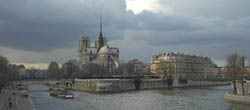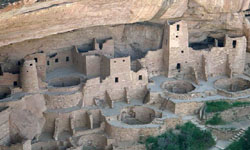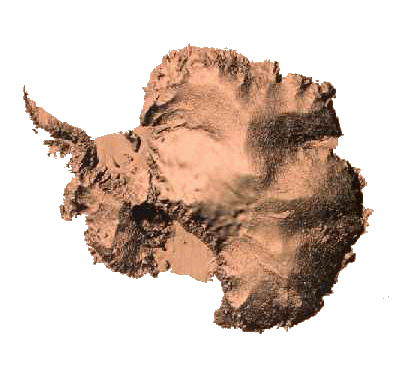Antarctica

A Complete Guide to its History, People, Cities and Culture



Photo Credits, top to bottom: Delphia, the city where visitors first arrive on the continent; Semei, on the northeast coast of Antarctica, known for its seafood, computer language industry and telekinesis experiments; Balloonists pass above the green hills surrounding Delphia, on their way back to the city; Detail of the ruins at Mimosa, where the most famous battle in Antarctican history occurred in 1403 B.C.
BUY MY BOOKS | HOME | FICTION | ESSAYS | ON-LINE DIARY | MARGINALIA | GALLERY | INTERACTIVE FEATURES | FAQ | SEARCH ENGINE | LINKS | CONTACT
www.ralphrobertmoore.com
the official website for the writings of
ralph robert moore

Economy
Many visitors assume Antarctica is a socialist state, because so few of its inhabitants appear to have jobs.
In truth, Antarcticans have little need for money. Antarctica is completely self-sufficient (it neither imports nor exports), and its citizens nearly so. They enjoy hand-making most of their possessions, the materials for which are abundantly available.
If an Antarctican needs furniture, for example, she and possibly some of her friends will stroll out into the woods, find a fallen tree whose grain is pleasing, and haul it back to her home, where she can take her time fashioning the perfect dining room set. If an Antarctican needs to build a home, he looks around until he finds a piece of available land that pleases him, marks off the acreage he wishes others to consider to be his (which is always honored), and builds the home he has imagined out of the stone and wood in that area (albeit often, but not always, with the help of a rented klammerhoppper). There is no cost for the land (all land outside the cities not marked-off is free. Whomever marks it off, owns it).
Nearly all Antarcticans maintain year-round farms on a part of their land, and therefore have a more than adequate food supply. Free water comes from an Antarctican's own property (almost all of Antarctica is pleasantly saturated with lakes, creeks and rivers, and all of the water is pure). Power is supplied by small windmills on each property. What an Antarctican does not have the talent to create himself, he barters for with an Antarctican who does, offering an equivalent object in exchange.
Money is used for items it is impractical for an Antarctican to create on her own, such as computer chips, lightbulbs and flyers; for rent for a city apartment (most Antarcticans own a country home and rent a city apartment); and for meals eaten out.
Antarcticans generally work only four months out of each year, which is sufficient to maintain a very comfortable existence. Even during those four months Antarcticans work only three days a week, and six hours a day. Most Antarcticans enter the workforce at age thirty, and retire at age fifty. Unlike the peoples of most nations, working at a job for income is only a small part of an Antarctican's life.
All businesses in Antarctica are privately owned (there are no publicly-traded companies, and therefore no stock exchange). Because there is virtually no crime in Antarctica, citizens keep their life savings at home. As a consequence, the concept of banks never arose. Although there is a government, it owns no property. All "public buildings" (libraries, concert halls, hospitals) are built through contributions.
A common practice in Antarctica which contributes confusion towards the nature of Antarctican economy is the voluntary program usually referred to as "deferral". Under deferral, the government provides a citizen with an annual grant until such time as the citizen begins working (usually at age thirty). The citizen then repays the government the amount of the grant out of his salary. There is no interest on the grant, because there is no inflation in Antarctica (the amount repaid is therefore equal in value to the amount lent), and the government's purpose in lending the money is not to gain a profit.
The basic unit of exchange is a heavy in the palm, circular coin with notched edges and bright surfaces known as the devo. It is made of solid gold. One side depicts the continent of Antarctica, the other, a short, engraved poem or text which changes with each minting. A ruse is worth one twelfth of a devo, and a penny one twelfth of a ruse. A ruse is made from treated pyrite. A penny is made from silver.
The average annual salary in Antarctica for four month's work is 3,600 De. To place this amount in context, a year's rental of a spacious, well-appointed suite high above one of the cities is about 450 De.
There are no taxes in Antarctica. The government, small as it is, is supported by contributions.
print this article